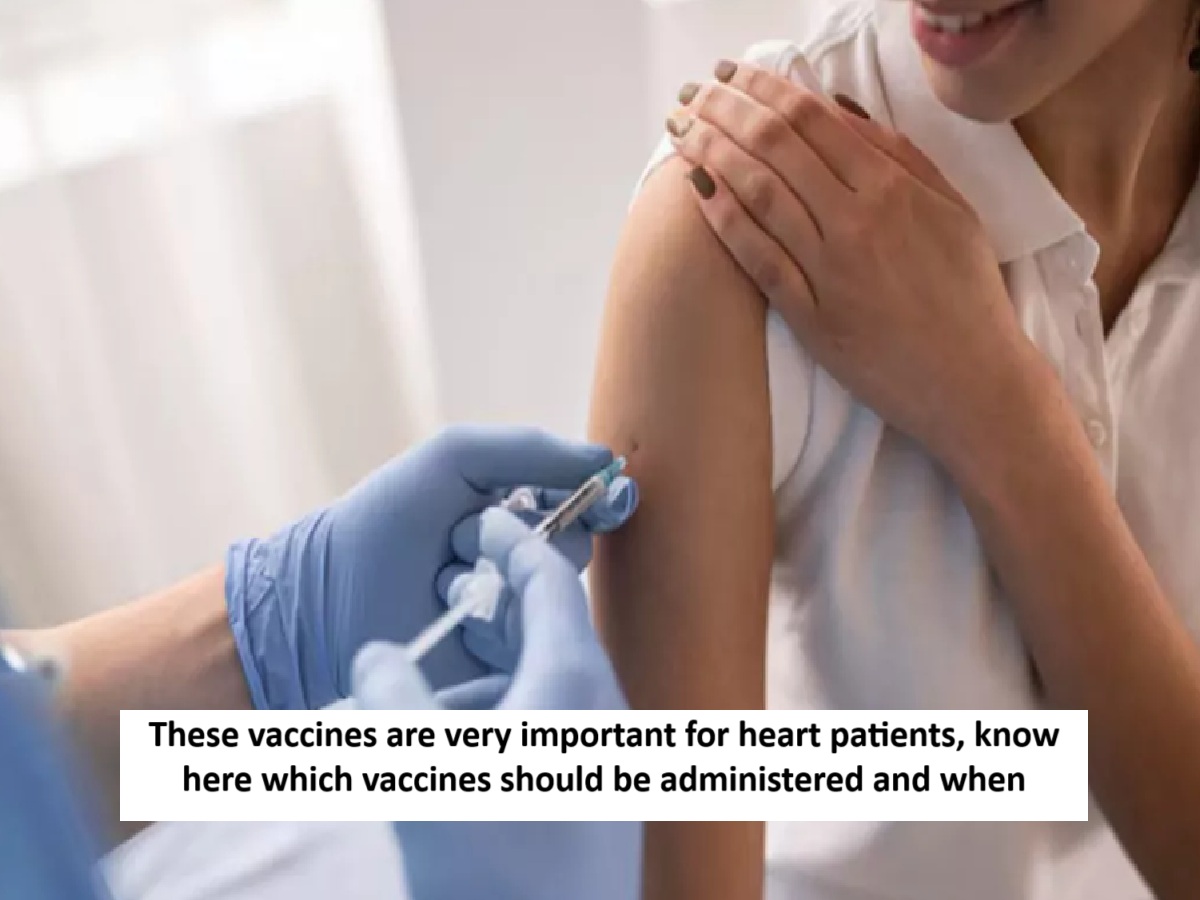
News Topical, Digital Desk : Adults with heart disease should get vaccinated against COVID-19, influenza, respiratory syncytial virus, pneumonia, herpes zoster (shingles) and other diseases, according to new recommendations by the American College of Cardiology (ACC). The guidance includes detailed evidence for each vaccine recommendation and answers to frequently asked questions to guide communication between doctors and patients.
"Vaccinations against infectious respiratory diseases and other serious illnesses are vitally important for heart patients, but there are barriers to ensuring that people know which vaccines they should get and how often," said study author Paul Heidenreich, MD, a professor of medicine at Harvard Medical School.
He added that through this document we want to encourage physicians to have these discussions and help their patients manage vaccination as part of a standard prevention and treatment plan. So that precautions can be taken towards safety.
Right selection of vaccines is essential
The study also found that vaccine selection is extremely important. For example, annual flu vaccine is recommended for all adults to reduce cardiovascular disease, cardiovascular mortality and death from all causes. Pneumococcal vaccine is recommended for cardiac patients aged 19 years and above which can protect against pneumonia and meningitis.
The shingles vaccine is recommended for adults 50 years of age or older to protect against the increased risk of stroke and heart attack during infection. The ACC also recommends that heart patients receive the seasonal COVID vaccine and adults 75 years of age or older and heart patients 50 to 74 years of age should receive the RSV vaccine. The aim is to protect against lower respiratory diseases that can lead to hospitalization and death.
Only 30 percent of patients evaluate their vaccination status
The research found that cardiac patients are at high risk of infection when exposed to respiratory viruses and also have a higher risk of adverse outcomes including hospitalization and death, while vaccines are effective in reducing these risks. The study found that only 30 percent of primary care physicians assess their patients' vaccination status during clinic visits.
Read More: Could relying solely on the HbA1c test for diabetes be wrong? Learn the truth from an AIIMS doctor.
--Advertisement--

 Share
Share



